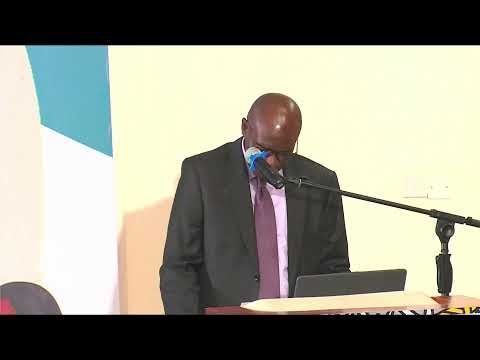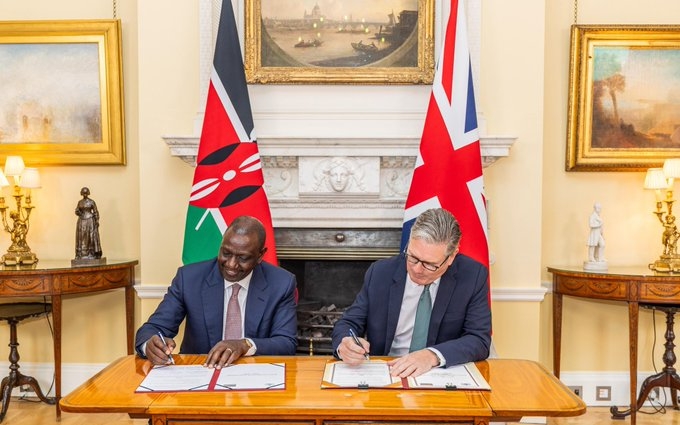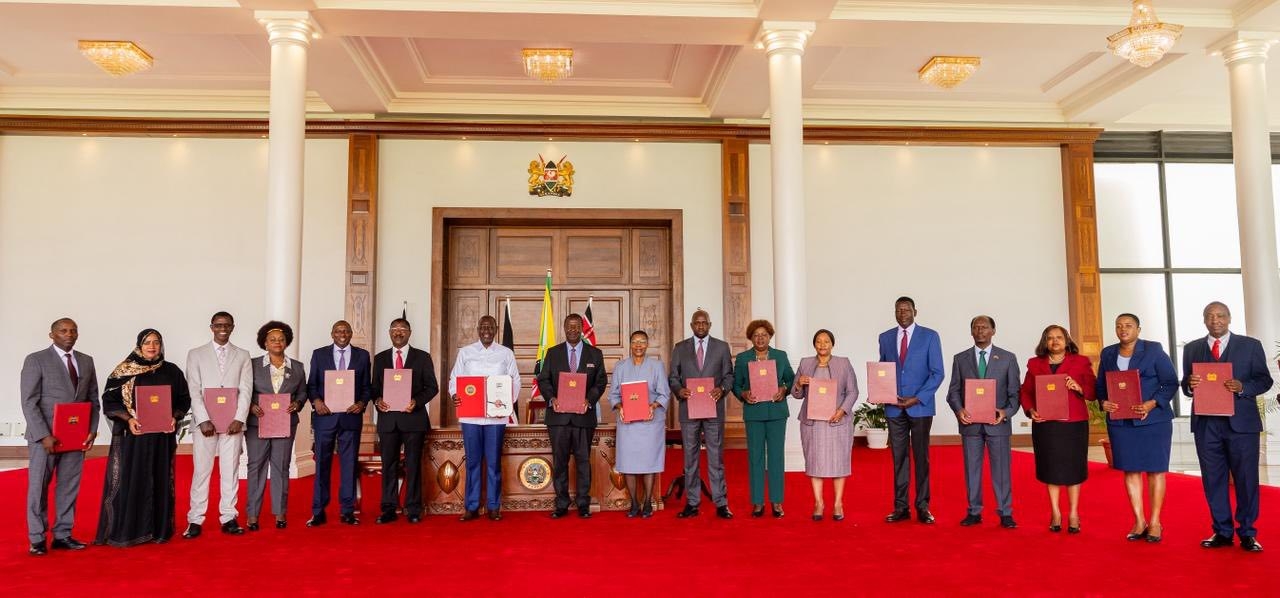
In recent times, many Kenyans have taken to social media to criticise the government and political leaders.
Apparently, there is a thin line between freedom of expression and what is considered cybercrime or indiscipline.
This has led to calls by various leaders condemning the runaway criticism of the government, especially by young people.
Many of them are pointing an accusing finger at parents.
It is now a question of upbringing and morals.
Although I don’t fully agree with those sentiments, the topic of values and morals is indeed important in Kenya today.
Society is rotten.
But who is to blame?
The same politicians pointing fingers are not saints themselves.
The whole society is tainted in one way or another.
Apart from leadership challenges, the country is also grappling with tribalism and corruption.
Is it possible that the moral decay is a result of children learning from adults?
How are adults to raise morally upright children when they form a rotten society?
We have reported cases of parents, teachers, security officers and other personnel, all grown-ups, helping children cheat in exams, for example.
The same adults then turn around and cry foul when the children go astray in the future.
Who then is supposed to raise children in an upright manner?
The police collect bribes, many leaders and public officers are irredeemably corrupt, the clergy is not stainless, and generally, bad manners are acceptable in our society.
Isn’t it ironic that the same society that is seriously religious, to the extent of having publicly funded state prayer functions, is rife with corruption, hatred, tribalism, nepotism and other vices that continue to bedevil the country?
These vices have become seemingly acceptable and normal.
Part of the school curriculum addresses the issue of morals.
For example in English, children are taught polite behaviour in society under oral skills.
This includes the use of polite language, telephone etiquette, appropriate use of register and how to interrupt or disagree politely.
Sadly, this is only on paper.
Many adults around them, including leaders, lack etiquette.
Children are also taught the importance of practising virtues through oral literature, carefully selected set texts and other relevant teaching and learning resources.
How is a young person supposed to grow up into a person of integrity when the leaders accused of corruption and other crimes walk scot-free and are stinking rich and influential compared to law-abiding citizens who are models of rectitude?
All those hypocritical adults that are calling out the young people for their alleged rash behaviour in their stinging criticism of the government online must first get rid of the plank in their own eyes before looking at the speck of dust in other people’s eyes.
All said and done, something has to be done about the state of the moral standards in the country.
The moral decay is not acceptable.
The behaviour of young people online is not a thorn in the flesh.
The problem runs way deeper than that.
Let us stop burying our heads in the sand like the proverbial ostrich.
As an educator, I hope that the competency-based curriculum will address the gap in lack of morals.
However, this should be a collective responsibility. Children are impressionable.
They learn many of their life time habits, good and bad, by mimicking the adults around them.
Monkey see, monkey do.
Wafula Wekati
Teaches English Literature












